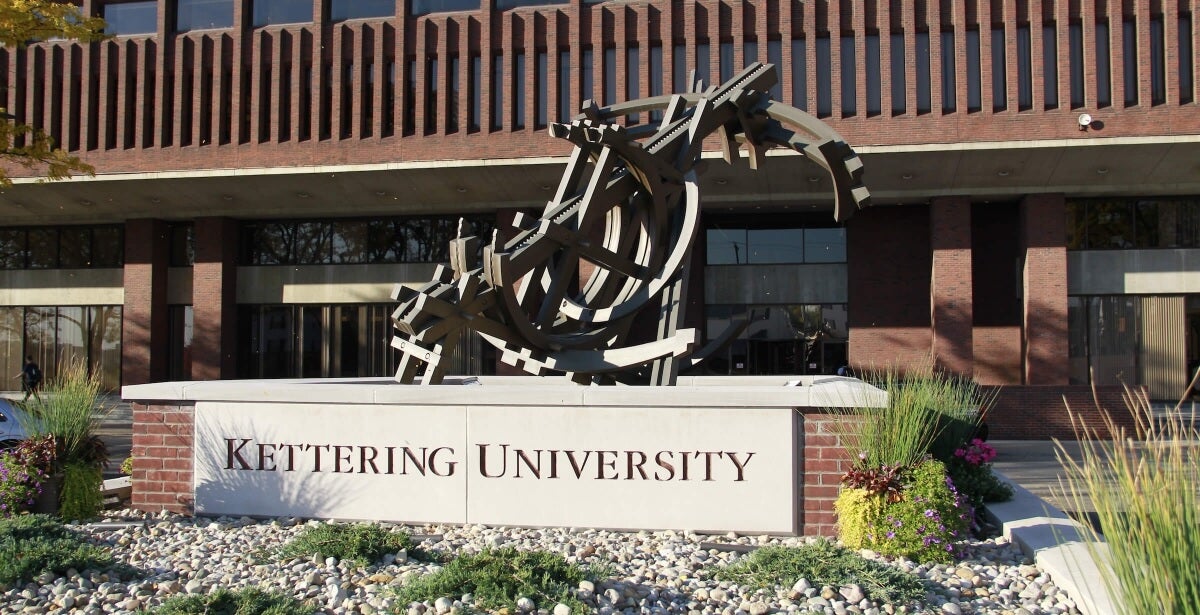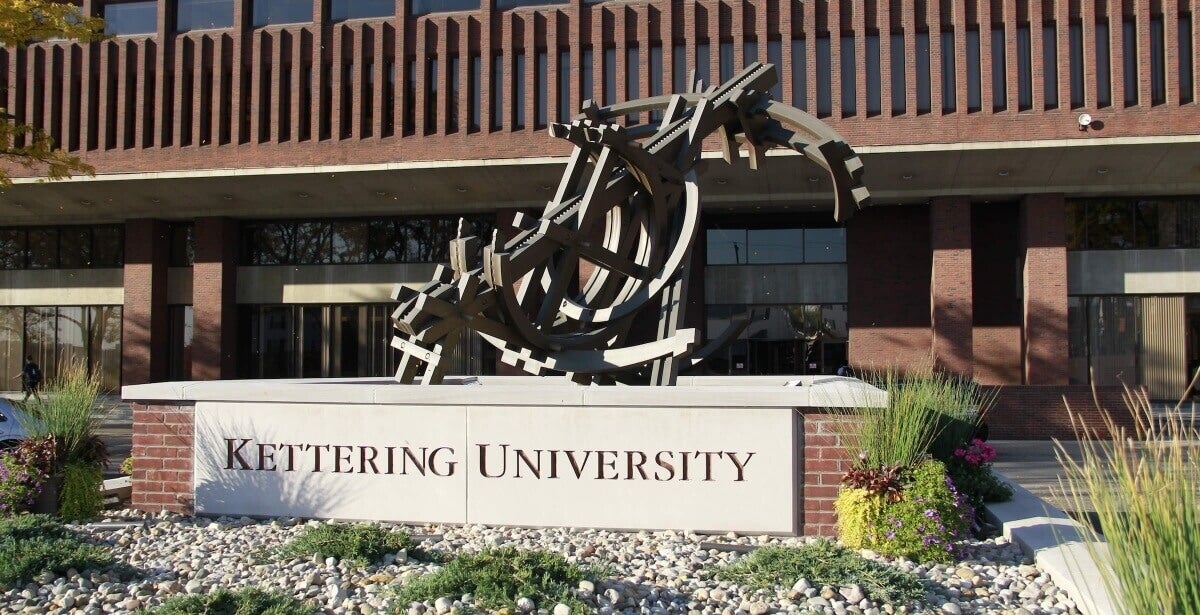
KUO Faculty Spotlight – Dr. Danielle Wright-Babb
As Kettering University Online’s (KUO) Program Development Manager and Senior Instructional Designer, I have the pleasure of working with our contributing faculty members, many of whom are subject matter experts for the courses they teach. Among our faculty are some of the most highly esteemed leaders in the STEM and business industries, while others are accomplished scholars. Coming from a wide range of educational and career backgrounds, all KUO faculty are united in the effort to link transformative experiential education to rigorous academic standards with real-world applications for learning that lasts a lifetime.
In recognition of their contribution to KUO and their respective industries, we are beginning a series of faculty spotlight blogs. Our first blog shines the spotlight on Dr. Danielle Wright-Babb. Dr. Wright-Babb is the Founder and CEO of The Babb Group, which offers a variety of academic services, including instructional design and connecting administrators with the most qualified teaching candidates. Dr. Wright Babb has won awards for her teaching excellence and in a past life was a market commentator for news networks including Fox News, CNBC, NBC, MSNBC, and CNN.

I interviewed Dr. Wight-Babb recently, and the following are excerpts from our conversation:
Jennifer Levy: Thank you for making yourself available. Let’s start with which degrees you hold and from which institutions?
Dr. Danielle Wright-Babb: I earned my Ph.D. in Technology and Management from Capella University. I earned my MBA from the University of Redlands and I earned my Bachelor of Science in Business from the University of California.
JL: In brief, what is your teaching philosophy?
DWB: To meet students where they are; that means technologically, communication style, communication technological capability, and to come to understand them well enough to help them make the link between the real world and what they are learning if they have not made it for themselves. I hold students accountable for their effort and their work, but I hold myself just as accountable.
JL: Why have you chosen to teach online?
DWB: I absolutely love reaching learners who have no other method to further or better themselves. Many times what students learn in my class is immediately applicable to their own real world. That’s incredibly rewarding.
JL: How long have you been teaching online?
DWB: Since the 1990s — a long time!
JL: What were your first thoughts about teaching online?
DWB: I started during the beta version days of Blackboard. I was both a technologist and the youngest ever professor at a well-respected university. I was in the middle of moving us from cc: mail and token ring (talk about dating myself) to something a bit more robust when I discovered Blackboard. I had a couple of professors pilot the program and we were able to reach students in Africa, which was a big deal for the public health university that I worked for. When the school started to realize the power of what was coming, and I was able to see how our clinicians were able to diagnose patients using satellite phones and Blackboard courses that my team had deployed in other countries, it sent chills down my spine. That’s when I knew I wanted to marry both technology and education. Online learning is the best way to do that!
JL: What has your experience of teaching online been as compared with teaching in the traditional classroom?
DWB: Teaching online reaches a different student base. Many learners with whom I have worked over the years would have been unable to complete their education using any other modality. Life, work, family, and other pressures would simply have gotten in the way. Online education provides an opportunity for advancement that other methods simply do not. Many students have changed the course of their entire family history as a result of their work in school.
JL: What has surprised you most about teaching online?
DWB: That in 2019, we are still trying to convince traditional faculty (that teach face-to-face) that this is a viable method of teaching and learning and universities to invest in doing online right. Faculty do not lose their “special sauce” by teaching online, they just use it differently. When courses are designed properly, the special sauce is magnified, not minimized!
JL: How did you come to teach for KUO and how long have you been teaching with us?
DWB: Another faculty member with whom I worked at another institution referred me and I have been a contributing faculty member for a bit over a year and a half. I am currently teaching sections of Foundations of Business and Business Statistics.
JL: How would you describe your Kettering students?
DWB: They are some of the most disciplined and consistent learners. The university expects a lot and the degree they earn is therefore highly valuable. I think that students know this coming in and they have high expectations of their faculty, as they should. Perhaps more importantly, they have high expectations of themselves.
KUO honors and appreciates Dr. Danielle Wright-Babb for her contributions and highly regarded work with students.

